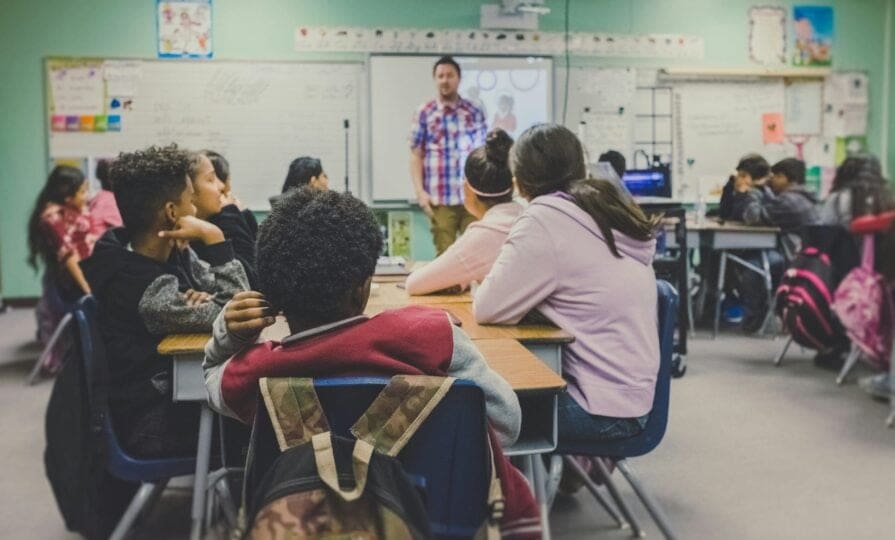Teachers feel like ‘cheats’ for using AI despite workload cuts, study finds
While 49% of AI users report feeling less stressed and 34% feel empowered, others say they are uncertain

Register to get 1 free article
Reveal the article below by registering for our email newsletter.
Want unlimited access? View Plans
Already have an account? Sign in
Nearly half of teachers using artificial intelligence (AI) in the classroom feel guilty about it, despite reporting clear benefits to their workload, new research shows.
A nationally representative survey of 1,023 teachers by YouGov for the education technology event Bett found 44% believe they are “cheating” when using AI for core teaching tasks. The same proportion said they felt they were “not doing their job properly”.
Yet those using the tools reported tangible advantages, with 34% saying their workload had decreased, compared with just 3% who said it had increased. Nearly half (49%) of teachers now use AI at least monthly, while weekly usage stands at 26% and daily at 8%.
Despite this uptake, many educators are experiencing a sense of professional unease. While 49% of AI users report feeling less stressed and 34% feel empowered, others say they are uncertain. More than half (54%) of teachers noted a divide in their schools between AI-confident colleagues and those struggling to adapt. Almost one-third (31%) said they felt intimidated by their students’ superior knowledge of the technology.
Just over half (52%) of schools have formally adopted AI – up from 31% in 2024 – but implementation remains uneven. Nearly half (46%) of teachers reported receiving no support from their school, with many left to experiment without formal training or guidance.
Hands-on training was the most requested form of support, cited by 55% of respondents. Others called for practical examples of implementation (47%) and evidence-based policies on classroom use (38%).
According to the Education Endowment Foundation, tools such as ChatGPT can reduce lesson planning time by 31%, equating to a weekly saving of around 25 minutes.
But concerns remain over risks to academic integrity and accuracy, as 70% of teachers expressed fears over plagiarism, and 64% said they were concerned about the reliability of AI-generated information.
A disparity in access to AI training is also emerging. Research by the Sutton Trust found that teachers in independent schools are twice as likely to receive formal AI training compared with those in state schools – a gap that risks compounding existing inequalities.
Despite mixed feelings, most teachers appear open to greater use of AI. Two-thirds (68%) expect to increase their usage over the next year. However, views remain divided on its overall value, with 36% saying the negatives outweigh the benefits, compared with 44% who disagreed.
Duncan Verry, portfolio director at Bett, said: “The human elements of teaching – those essential transferable life skills, empathetic connections, and personalised support that teachers know AI cannot replicate – remain firmly in educators’ hands.
“This is not a battle between humans and machines, but rather teachers working with intelligent tools to achieve better educational outcomes.”
Rohin Aggarwal, founder of AI training firm PromptAbility, added: “That teachers who do use tools such as ChatGPT are already having some success in areas such as administrative burden is not a surprise.
“The challenge is to give teachers more room to continue to experiment and find efficiency and quality gains.”

